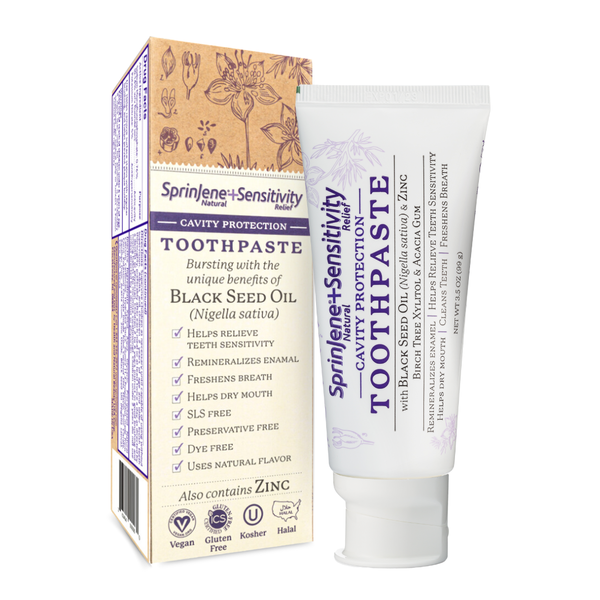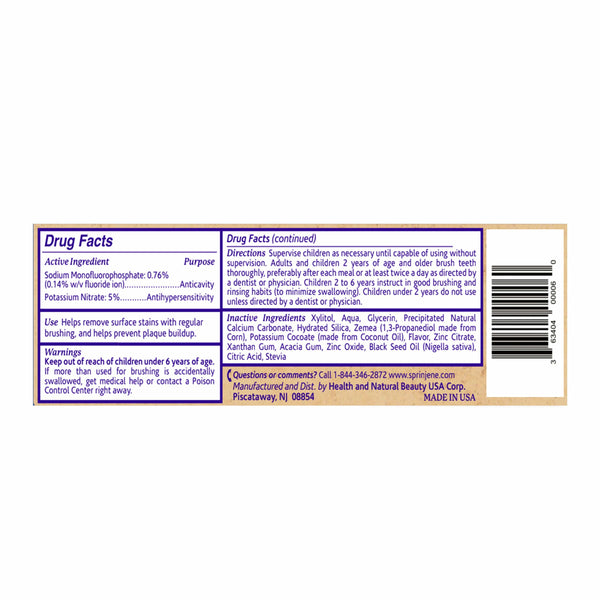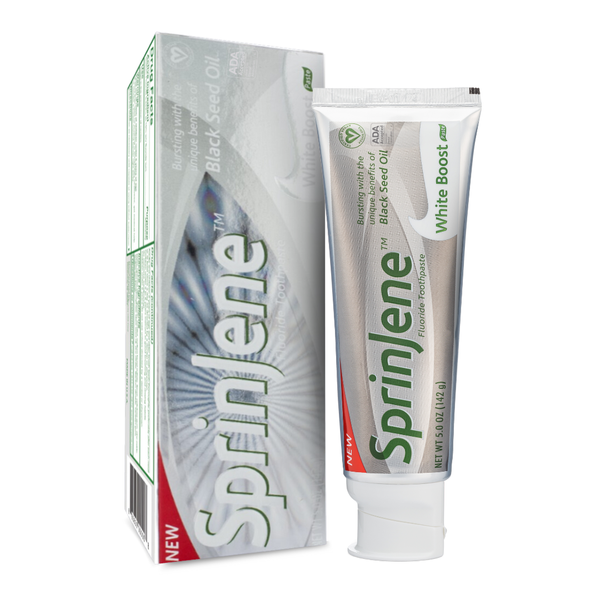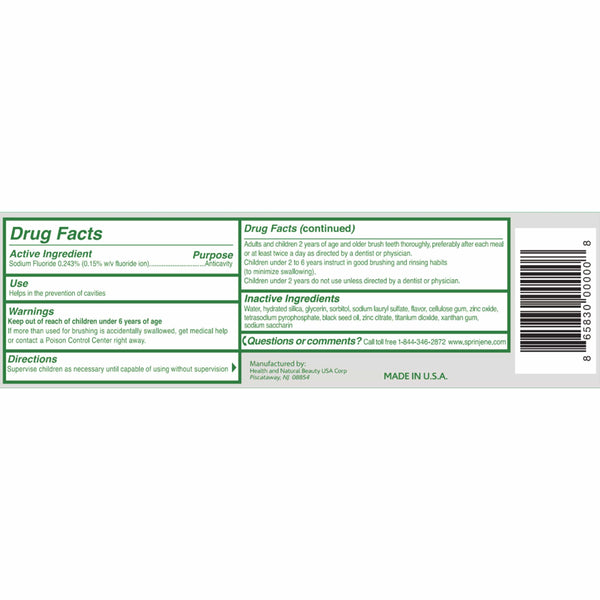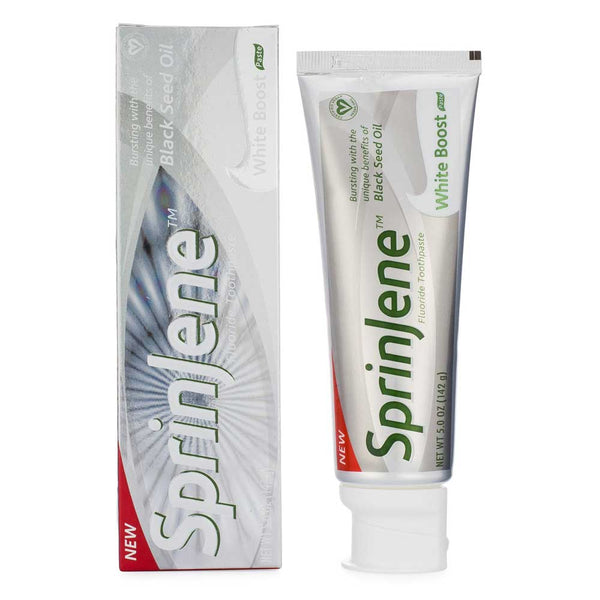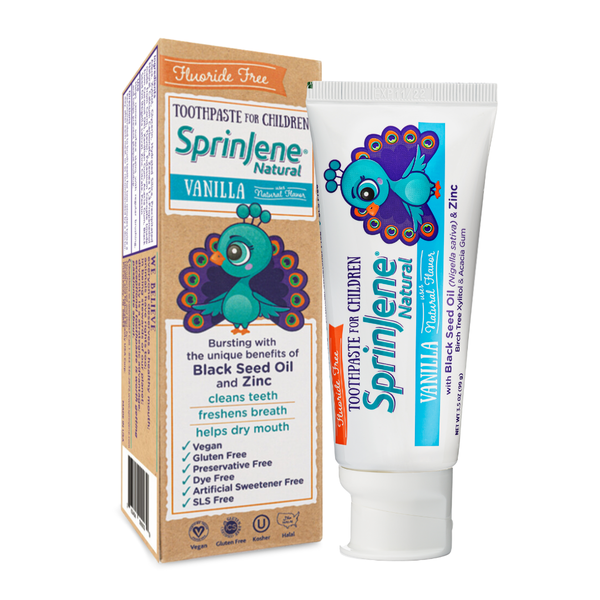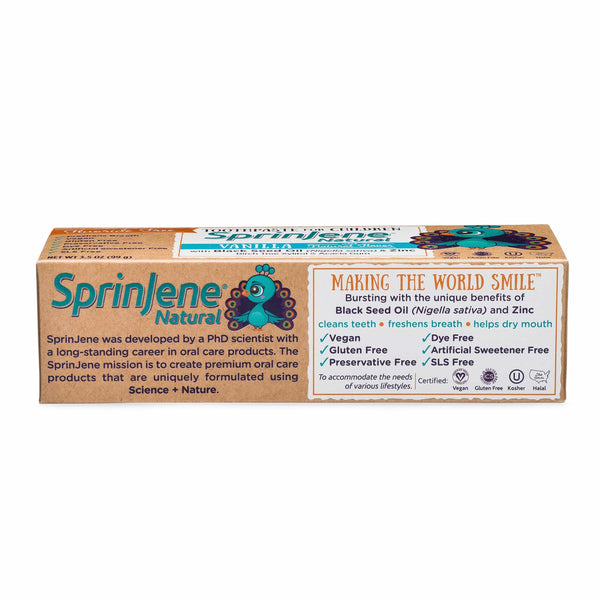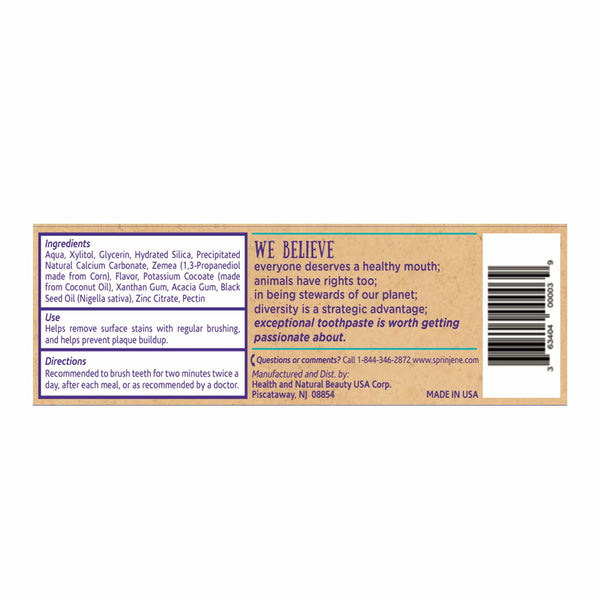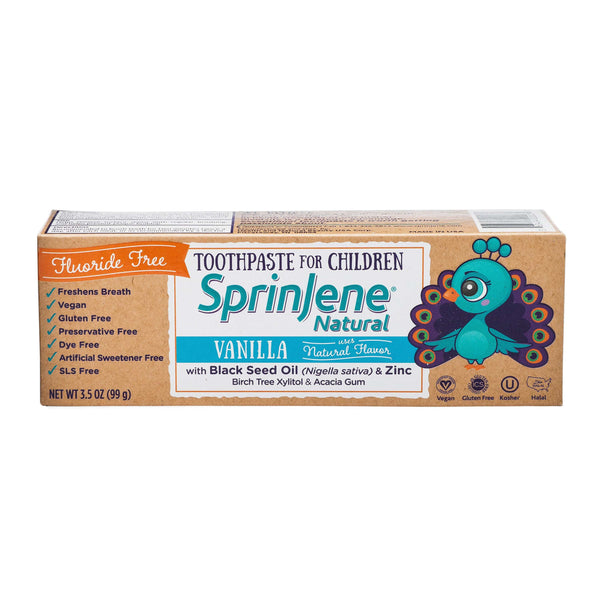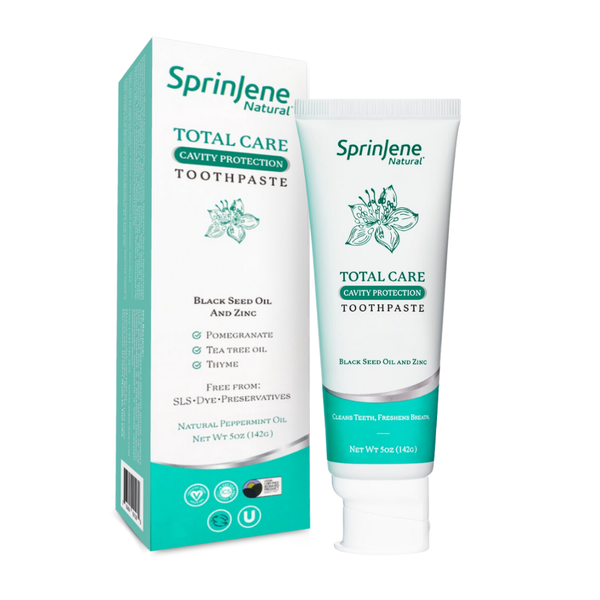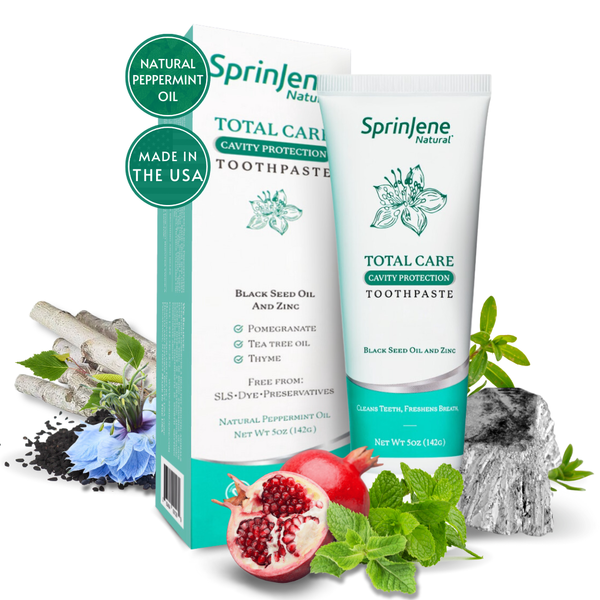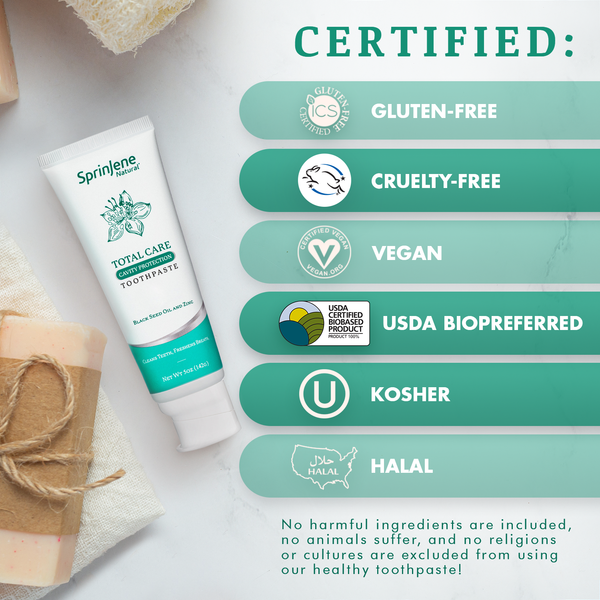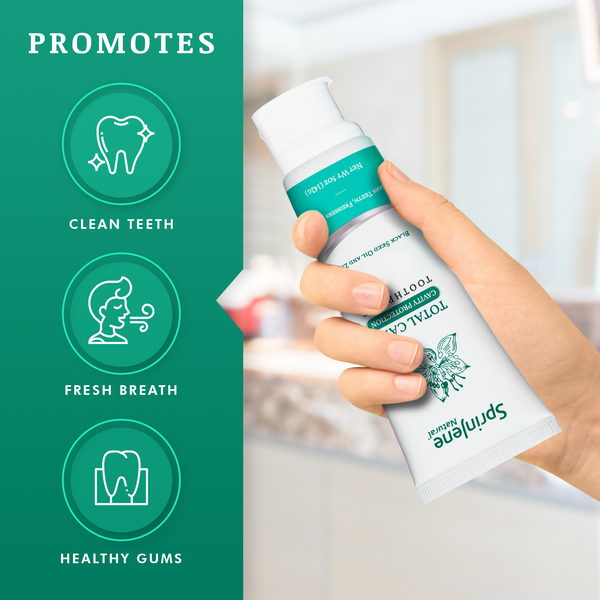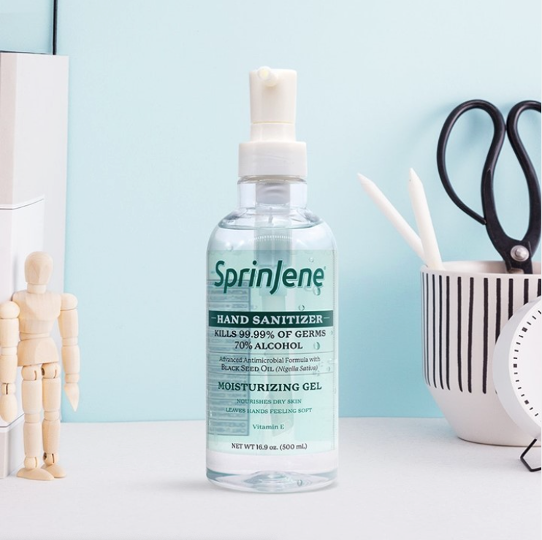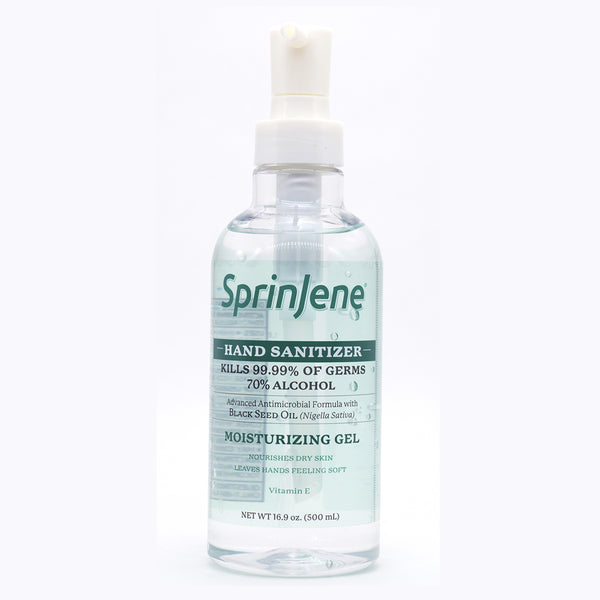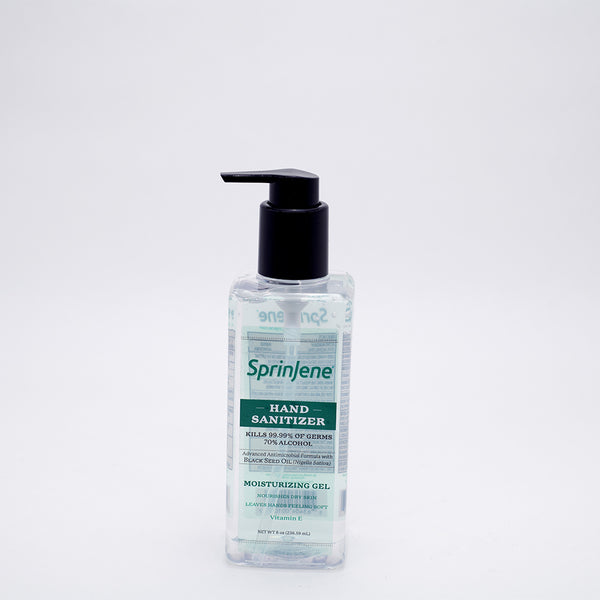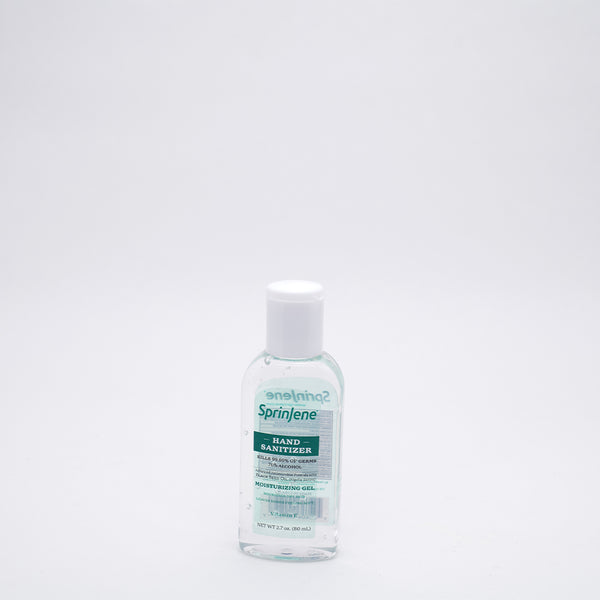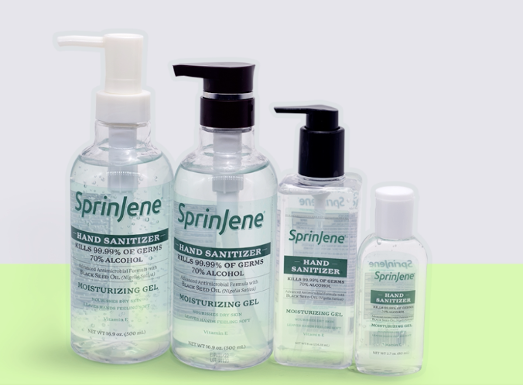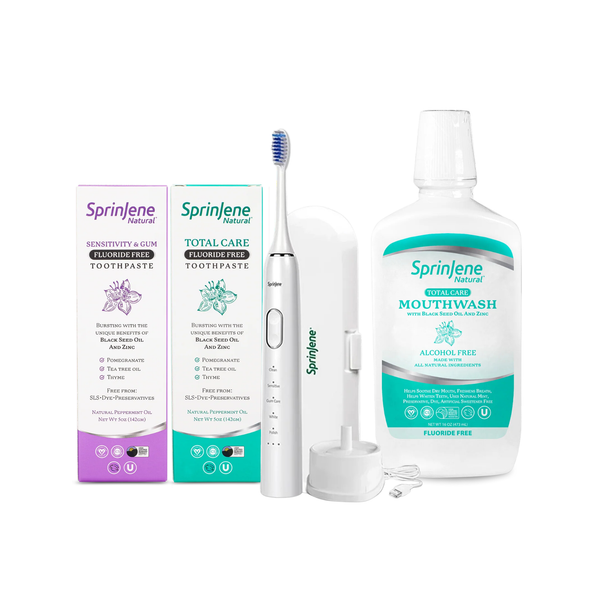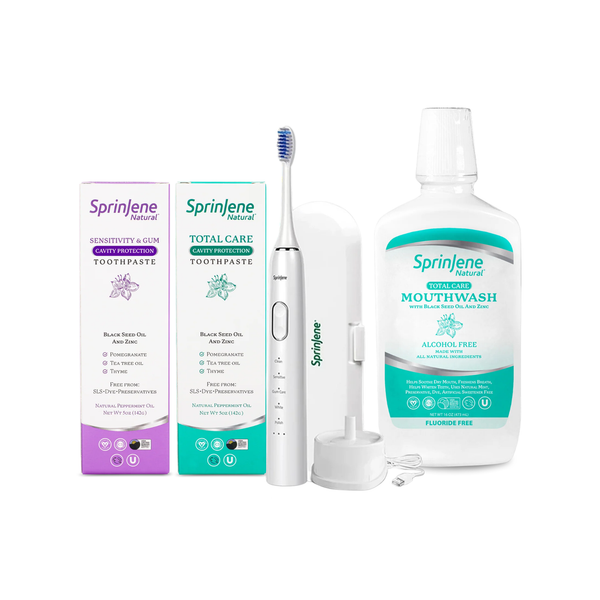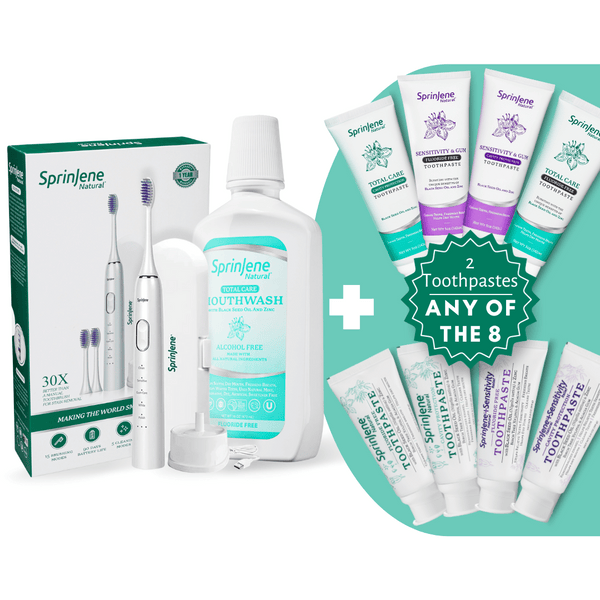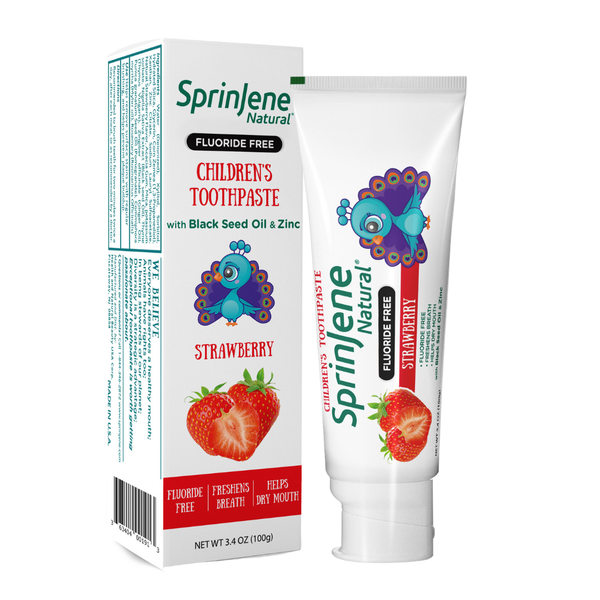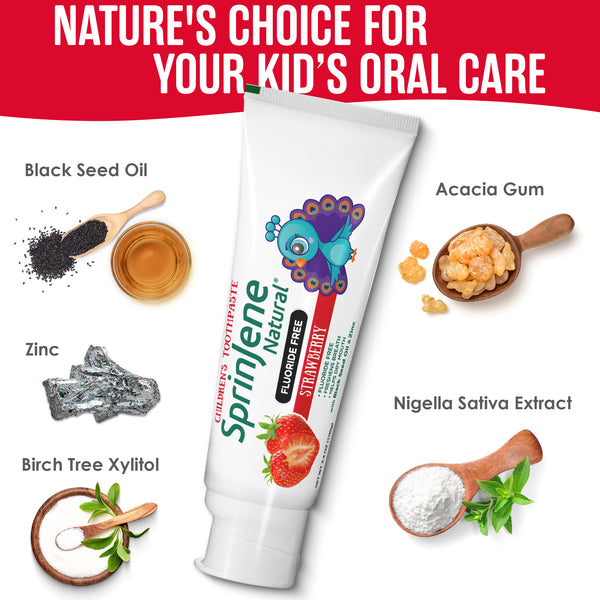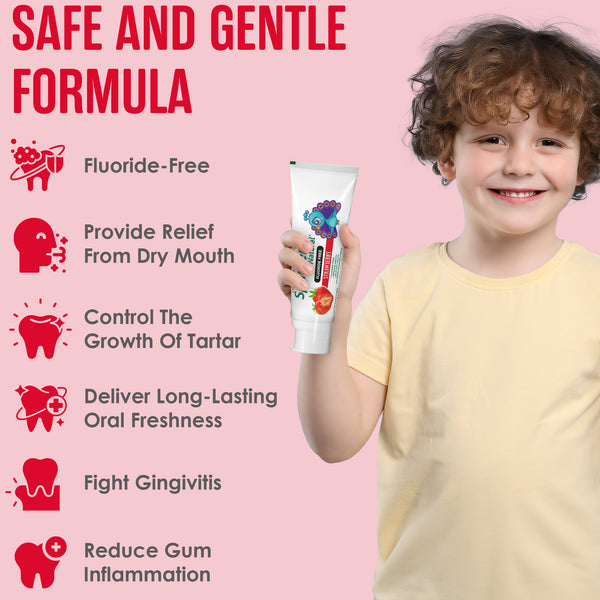Individuals with special needs often face unique challenges in maintaining their oral health. Factors such as sensory sensitivities, physical limitations, and specific health conditions can make traditional oral care products unsuitable or uncomfortable for them. In this context, Natural toothpaste formulations like SprinJene offer a promising alternative. This essay explores the reasons why SprinJene Natural® Toothpaste is ideal for individuals with special needs, focusing on its ingredients, gentle formulation, and accessibility.
Understanding Special Needs and Oral Health:
Before delving into the advantages of using natural toothpaste, it's crucial to understand the intersection of special needs and oral health. Individuals with special needs encompass a diverse group, including those with physical, developmental, sensory, or cognitive challenges. Maintaining oral hygiene for these individuals often requires accommodations and specialized products due to factors such as limited dexterity, sensory sensitivities, or medical conditions like autism or Down syndrome.
Caring for one's oral health is a vital aspect of overall well-being, but for individuals with special needs, maintaining good oral hygiene can present unique challenges. Whether due to physical, cognitive, or developmental disabilities, individuals with special needs often require extra support and accommodations to ensure proper oral care. In this article, we will explore the challenges faced by individuals with special needs in maintaining oral hygiene and discuss effective solutions to navigate these challenges.

Challenges Faced by Individuals with Special Needs
Physical Limitations:
Many individuals with special needs experience physical limitations that make it difficult to perform routine oral hygiene tasks independently. This may include limited manual dexterity, muscle weakness, or mobility issues, which can impede proper tooth brushing, flossing, and mouth rinsing.
Sensory Sensitivities:
Some individuals with special needs may have sensory sensitivities that make oral care procedures uncomfortable or overwhelming. Sensory issues such as hypersensitivity to touch, taste, or texture can make it challenging to tolerate toothbrushing, flossing, or even the sensation of toothpaste in the mouth.
Communication Barriers:
Communication difficulties, such as speech impairments or language disorders, can pose challenges in conveying the importance of oral hygiene practices and understanding instructions for proper dental care. This can hinder effective communication between individuals with special needs and their caregivers or dental professionals.
Behavioral Challenges:
Behavioral challenges, such as anxiety, aggression, or non-compliance, may arise in individuals with special needs during oral care routines. Fear of dental visits, aversion to oral hygiene procedures, or difficulty sitting still for extended periods can make it challenging to establish and maintain a consistent oral care routine.
Dental Anxiety:
Individuals with special needs may experience heightened dental anxiety or fear of dental procedures due to previous negative experiences, sensory sensitivities, or communication difficulties. Dental anxiety can further exacerbate challenges in receiving adequate oral care and accessing dental services.
Solutions for Effective Oral Care
Individualized Care Plans:
Dental professionals should develop individualized oral care plans tailored to the specific needs, abilities, and preferences of individuals with special needs. This may involve adapting oral hygiene techniques, providing alternative oral care products, or implementing specialized tools and equipment to accommodate physical limitations.
Sensory-Friendly Products:
Utilizing sensory-friendly oral care products, such as soft-bristled toothbrushes, mild-flavored toothpaste, or textured mouth rinses, can help individuals with special needs overcome sensory sensitivities and make oral hygiene routines more tolerable and enjoyable.
Behavioral Management Strategies:
Implementing behavioral management strategies, such as positive reinforcement, desensitization techniques, or visual aids, can help individuals with special needs feel more comfortable and cooperative during oral care procedures. Creating a calm and supportive environment and incorporating preferred activities or distractions can also reduce anxiety and improve compliance.
Caregiver Support and Education:
Caregivers play a crucial role in supporting individuals with special needs in maintaining oral hygiene. Dental professionals should provide comprehensive education and training to caregivers on proper oral care techniques, adaptive strategies, and preventive measures to ensure consistent and effective oral care at home.
Accessible Dental Services:
Ensuring access to dental services that are accessible and accommodating to individuals with special needs is essential for maintaining oral health. Dental practices should offer accessible facilities, flexible appointment scheduling, and specialized services, such as sedation dentistry or in-home dental care, to meet the diverse needs of individuals with special needs.
Effective oral care for individuals with special needs requires a multifaceted approach that addresses their unique challenges and incorporates tailored solutions. By understanding the specific needs and limitations of individuals with special needs and implementing personalized care plans, dental professionals and caregivers can help promote optimal oral health and improve the quality of life for individuals with special needs. Through collaboration, education, and advocacy, we can navigate the challenges of oral care for individuals with special needs and ensure that everyone has access to the dental care they deserve.
Solutions for the Challenges Faced by Individuals with Special Needs
Individuals with special needs, including those with physical or cognitive disabilities, often face unique oral care needs and challenges that require tailored strategies and support from caregivers and healthcare professionals. Here, we'll discuss some of these unique oral care needs and challenges, along with practical strategies and resources to address them effectively.

Physical Disabilities:
Individuals with physical disabilities may experience challenges related to manual dexterity, muscle weakness, or mobility limitations, which can affect their ability to perform oral hygiene tasks independently. Practical strategies to address these challenges include:
Adaptive Tools:
Provide individuals with special needs with adaptive tools such as modified toothbrush handles, electric toothbrushes with larger grips, or toothbrush holders to improve grip and maneuverability during brushing.
Assistive Devices:
Utilize assistive devices such as dental floss holders or floss picks with long handles to facilitate flossing for individuals with limited hand mobility.
Positioning:
Position individuals in a comfortable and supported position, such as using a reclined dental chair or providing additional support pillows, to ensure optimal access and stability during oral care procedures.
Cognitive Disabilities:
Individuals with cognitive disabilities may face challenges related to understanding oral hygiene instructions, remembering to perform oral care routines, or communicating their oral health needs effectively. Practical strategies to address these challenges include:
Simplified Instructions:
Use simple and straightforward instructions, visual aids, or step-by-step guides to explain oral hygiene procedures and encourage independent tooth brushing, flossing, and rinsing.
Modeling:
Demonstrate proper oral care techniques through modeling or hands-on guidance to help individuals with cognitive disabilities understand and replicate the correct brushing and flossing motions.
Reinforcement:
Provide positive reinforcement, praise, or rewards for completing oral care tasks to motivate individuals with cognitive disabilities and reinforce positive oral hygiene habits.
Sensory Sensitivities:
Individuals with sensory sensitivities may experience aversions to certain textures, tastes, or sensations associated with oral care products, making oral hygiene routines challenging. Practical strategies to address these challenges include:
Sensory-Friendly Products:
Use sensory-friendly oral care products such as mild-flavored toothpaste, soft-bristled toothbrushes, or flavored mouth rinses to accommodate sensory sensitivities and make oral hygiene routines more tolerable.
Gradual Desensitization:
Gradually introduce individuals to oral care products and procedures by starting with gentle sensory experiences and gradually increasing exposure over time to help desensitize and acclimate to oral care routines.
Environmental Modifications:
Create a calm and soothing environment for oral care activities by minimizing sensory distractions, using soft lighting, or playing relaxing music to reduce anxiety and promote relaxation during oral hygiene routines.
Practical Resources for Caregivers and Healthcare Professionals:
Special Needs Dental Clinics:
Seek out dental clinics or practitioners specializing in treating individuals with special needs, who have experience and expertise in providing comprehensive oral care for patients with diverse needs.
Educational Materials:
Access educational resources, online tutorials, or instructional videos designed specifically for caregivers and healthcare professionals working with individuals with special needs to learn about effective oral care techniques, adaptive strategies, and preventive measures.
Support Groups:
Join support groups, online forums, or community organizations for caregivers and families of individuals with special needs to share experiences, seek advice, and access valuable resources and support networks related to oral care and overall health management.
By understanding the unique oral care needs and challenges faced by individuals with special needs and implementing practical strategies and resources, caregivers and healthcare professionals can effectively support and promote optimal oral health for this vulnerable population. Through collaboration, education, and advocacy, we can ensure that individuals with special needs receive the comprehensive oral care they deserve to maintain a healthy smile and overall well-being.
The Challenge with Traditional Toothpaste:
Traditional toothpaste formulations may contain ingredients that can be abrasive, harsh, or overwhelming for individuals with special needs. Mint flavoring, artificial colors, and foaming agents present in many conventional toothpastes can trigger sensory aversions or discomfort. Moreover, some individuals may have allergies or sensitivities to common ingredients like sodium lauryl sulfate (SLS) or artificial sweeteners found in traditional toothpaste brands.

Advantages of Using a Natural ® Toothpaste
Gentle Formulation:
Natural Toothpastes are formulated with carefully selected natural ingredients that are gentle on sensitive mouths. SprinJene Natural ® Toothpaste is an example of a natural toothpaste. Ingredients like coconut oil, birch tree xylitol, and acacia gum provide effective cleaning without causing irritation or discomfort. These ingredients are chosen for their soothing properties, making SprinJene Natural® Toothpaste suitable for individuals prone to oral sensitivity or allergies.
Free from Harsh Chemicals:
Unlike many traditional toothpaste brands, SprinJene Natural® Toothpaste is free from harsh chemicals such as SLS, artificial dyes, parabens, and preservatives. This makes it a safer option for individuals with special needs who may have sensitivities or allergies to these ingredients. By eliminating potentially irritating components, SprinJene minimizes the risk of adverse reactions and promotes a more comfortable oral care experience.
Mild Flavors and Varieties:
A natural toothpaste such as SprinJene offers a range of mild, naturally derived flavors that cater to diverse preferences without overwhelming the senses. From mint-free options like cinnamon and clove to subtle mint variations, SprinJene allows individuals to choose flavors that suit their preferences and sensory sensitivities. Additionally, the brand offers fluoride and fluoride-free variants, accommodating different oral health needs while maintaining a focus on natural ingredients.
Specially Designed for Sensory Sensitivities:
Individuals with special needs, particularly those with sensory processing issues, may find the texture and taste of traditional toothpaste off-putting. Natural toothpastes like SprinJene address this concern by offering a smooth, non-gritty texture that enhances comfort during brushing. The absence of strong artificial flavors and foaming agents also reduces sensory overload, making the oral care routine more tolerable for individuals with sensitivities.
Accessibility and Inclusivity:
SprinJene Natural® Toothpaste is committed to accessibility and inclusivity, recognizing the diverse needs of its consumers. The brand's packaging features clear labeling and easy-to-open caps, facilitating independent use for individuals with motor impairments or disabilities. Moreover, SprinJene products are available in major retailers and online platforms, ensuring widespread availability for individuals with special needs and their caregivers.

The Final Word
In conclusion, SprinJene Natural® Toothpaste emerges as an ideal oral care solution for individuals with special needs due to its gentle formulation, Natural ® ingredients, and sensory-friendly design. By prioritizing safety, comfort, and inclusivity, SprinJene addresses the unique challenges faced by individuals with diverse abilities, promoting better oral health outcomes and empowering individuals to maintain a vital aspect of their overall well-being.
As awareness grows regarding the importance of tailored oral care solutions, brands like SprinJene play a pivotal role in ensuring that oral health remains accessible and enjoyable for everyone, regardless of their individual needs and abilities. Additionally, SprinJene products are also certified Cruelty Free, Kosher, Halal, and Vegan.
References
- Koppes, S. A., Ljubojević Hadžavdić, S., Jakasa, I., Franceschi, N., Riethmüller, C., Jurakić Tončic, R., Marinovic, B., Raj, N., Rawlings, A. V., Voegeli, R., Lane, M. E., Haftek, M., Frings-Dresen, M. H., Rustemeyer, T., & Kezic, S. (2017). Effect of allergens and irritants on levels of natural moisturizing factor and corneocyte morphology. Contact dermatitis, 76(5), 287–295. https://doi.org/10.1111/cod.12770
- Kumar, R., Mirza, M. A., Naseef, P. P., Kuruniyan, M. S., Zakir, F., & Aggarwal, G. (2022). Exploring the Potential of Natural Product-Based Nanomedicine for Maintaining Oral Health. Molecules (Basel, Switzerland), 27(5), 1725. https://doi.org/10.3390/molecules27051725
- Balkaran, R., Esnard, T., Perry, M. et al. Challenges experienced in the dental care of persons with special needs: a qualitative study among health professionals and caregivers. BMC Oral Health 22, 116 (2022). https://doi.org/10.1186/s12903-022-02153-x




